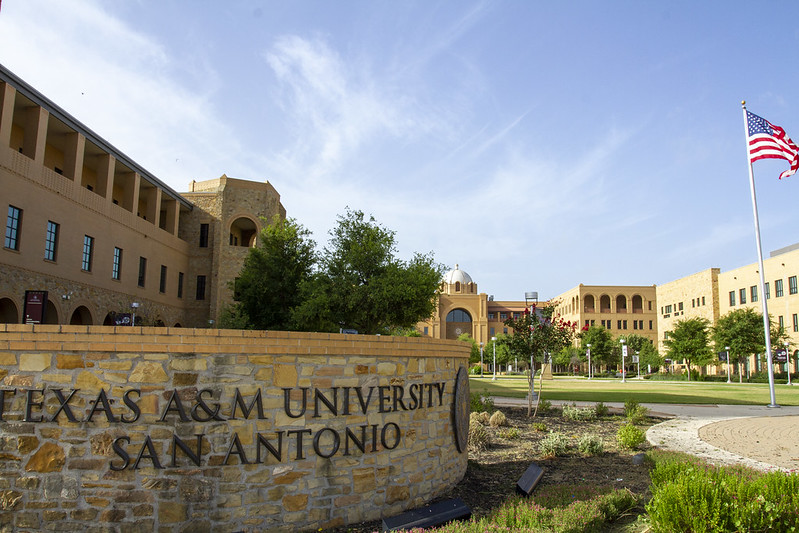Date of Graduation
Spring 5-13-2024
Document Type
Thesis
Degree Name
Master of Science (MS)
Department
Biology
Thesis Chair
Dr. Charles Watson
Abstract
This study explores the thermal physiology of two sympatric lizard species, Sceloporus olivaceus (Texas spiny lizard) and Sceloporus variabilis (rose-bellied lizard), in South Texas. I document the metabolic rate and its temperature sensitivity, thermal limits, and performance at different temperatures to better understand the impact of rising temperatures and urbanization on these ectotherms, whose body temperature and, consequently, metabolic rate, activity level, and reproductive success depend on their thermal environment. We hypothesize that S. olivaceus will exhibit greater thermal resilience owing to its broader latitudinal range, variable habitat usage within Texas, and presumed more versatile thermoregulatory strategies. Scelorporus olivaceus's higher voluntary thermal maximum and thermal stability across temperatures indicate a greater tolerance to elevated temperatures and a potential competitive advantage in warmer habitats that result from urbanization and climate change. Sceloporus variabilis appears to be less adapted to extremely warm temperatures, which may be why we do not see them on campus while they are common in adjacent forested habitats. Understanding these species' thermal ecology is crucial for predicting their adaptability and guiding conservation efforts in rapidly changing environments.
Recommended Citation
Rockel, Ian, "THERMAL PHYSIOLOGY OF SCELOPORUS OLIVACEUS AND SCELOPORUS VARIABILIS IN SOUTH TEXAS" (2024). Masters Theses. 20.
https://digitalcommons.tamusa.edu/masters_theses/20


